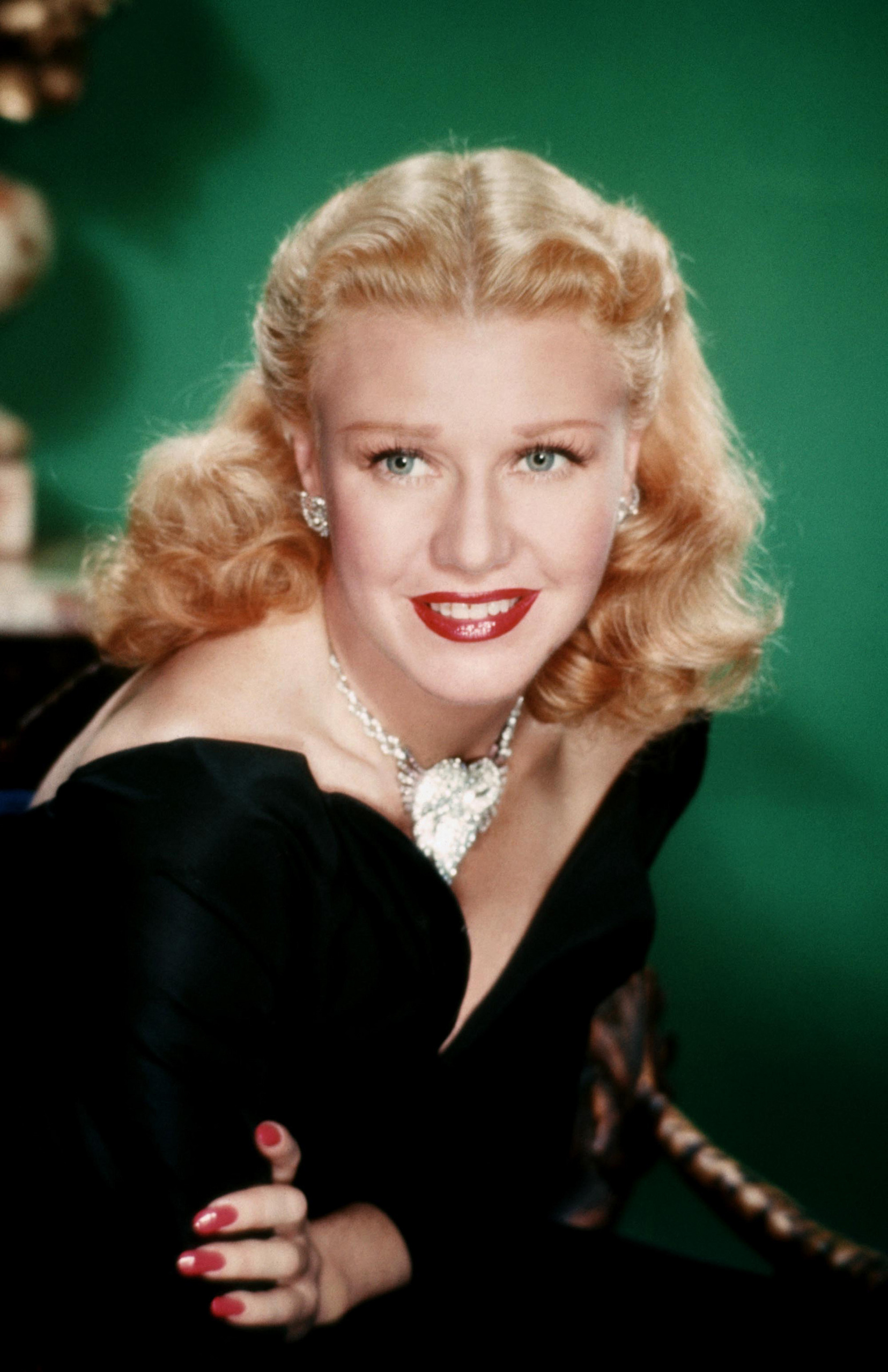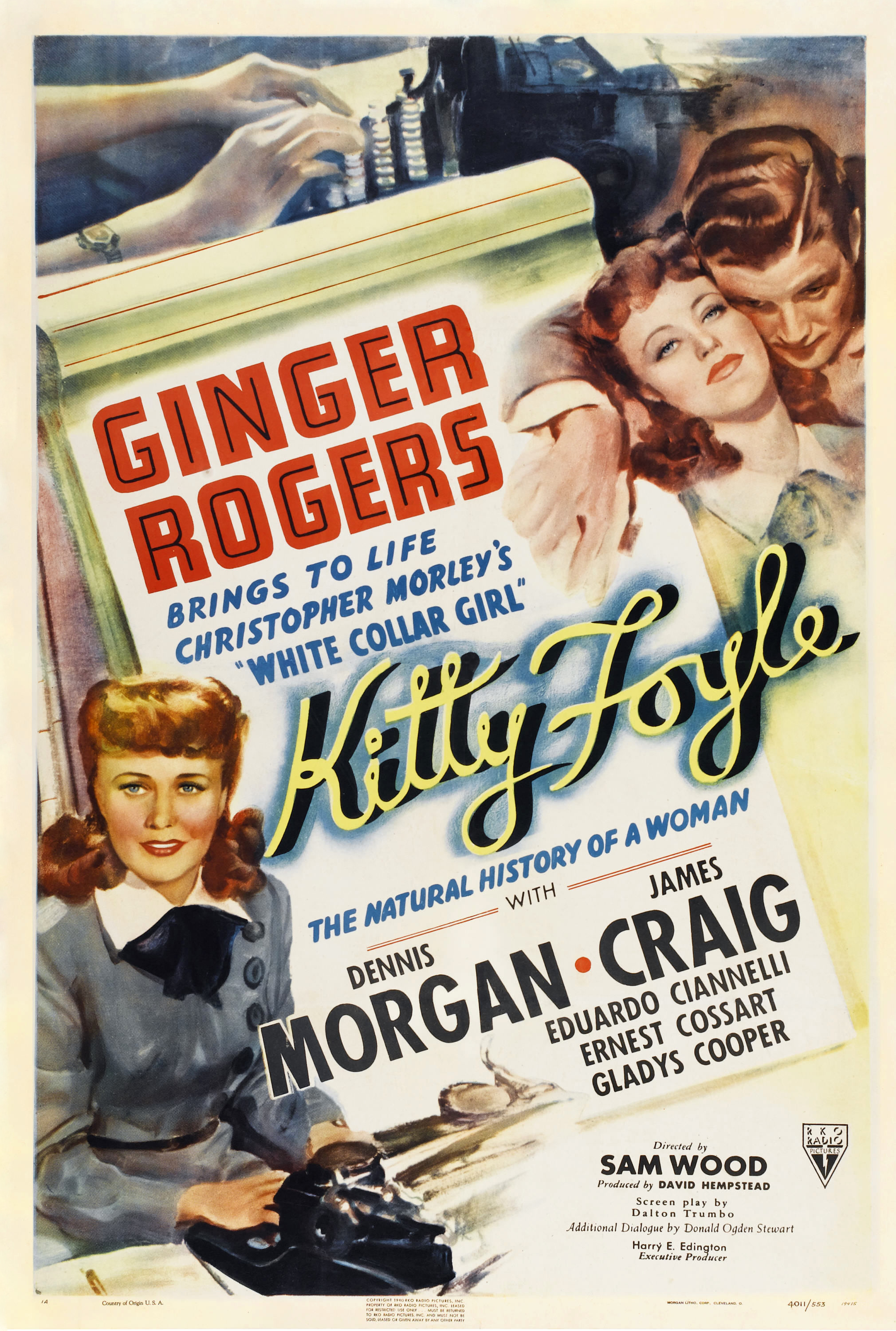
Disneyland, Walt Disney’s metropolis of nostalgia, fantasy and
futurism, opened on July 17, 1955. The $17 million theme park
was built on 160 acres of former orange groves in Anaheim,
California, and soon brought in staggering profits. Today,
Disneyland hosts more than 18 million visitors a year, who
spend close to $3 billion.
Walter (Walt) Elias Disney
(December 5, 1901 – December 15, 1966)















